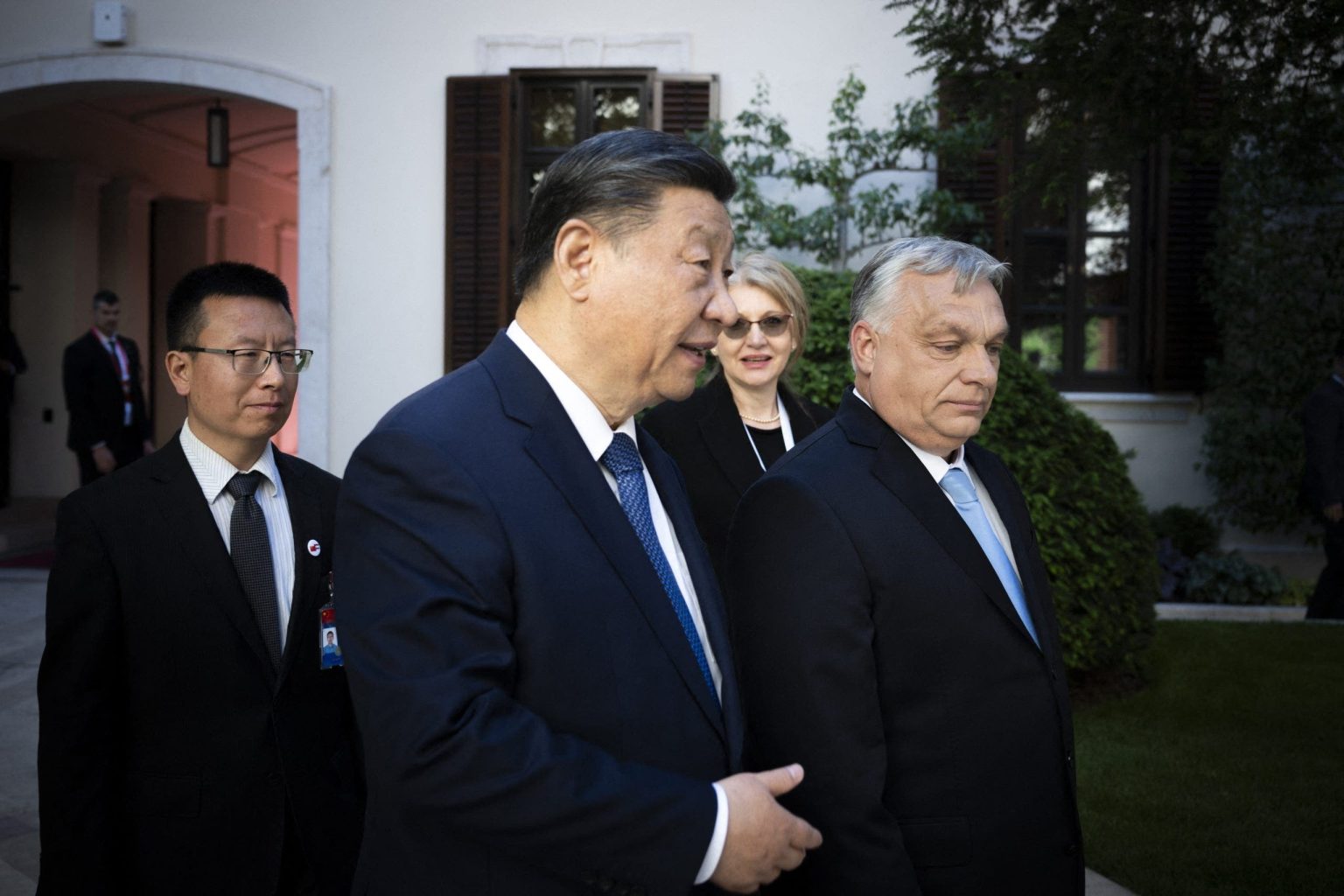The visit between Chinese President Xi Jinping and Hungarian President Viktor Orban resulted in glowing praise from both parties, with Xi labeling Orban a “model” for diplomatic relations with Europe and Orban endorsing Beijing’s Ukraine peace plan. Orban stated that Hungary is the only European country supporting peace negotiations and international efforts for peace, and also expressed support for China’s peace initiative. This move marks a shift in China’s standing with Europe, as it seeks to improve its reputation in the region.
China has been increasing its presence in Europe and views Hungary as an important partner in countering US power. The two nations signed 17 deals that involve Hungary in China’s Belt and Road Initiative, with investments in nuclear energy, supply chain enhancements, green development, and finance and trade. These agreements are seen as a way to expand cooperation between China and Central and Eastern Europe. The partnership between China and Hungary has been designated as “all-weather,” placing Hungary in the company of other Chinese allies such as Belarus, Pakistan, and Venezuela.
The Chinese Foreign Ministry’s 12-point peace plan, which was posted last year, includes urging against the use of nuclear weapons, protecting civilians and POWs, facilitating grain exports, and promoting reconstruction. However, the plan also calls for an end to unilateral sanctions and “maximum pressure,” arguing that only sanctions authorized by the UN Security Council should be implemented. This plan has been met with criticism, with some experts pointing out ulterior motives behind China’s offer to assist in post-conflict reconstruction.
China’s efforts to position itself in the reconstruction of postwar Ukraine have been seen as a way to strengthen its overall engagement with Europe. The country’s peace plan has been viewed as having potential ulterior motives, with China possibly seeking to benefit from providing assistance, expertise, and investments in Ukraine. This move could potentially enhance China’s standing in Europe and increase its influence in the region. Despite criticisms, China continues to push for a resolution to the Ukraine crisis while calling for an end to unilateral sanctions and long-arm jurisdiction by relevant countries.
The partnership between China and Hungary is part of a broader strategy by Beijing to enhance its relationships with European countries. Xi Jinping has emphasized the importance of China-EU comprehensive strategic partnership, highlighting Europe’s significance in the multipolar world. China supports Hungary in playing a greater role in the EU and aims to promote the further development of China-EU relations. The agreements between China and Hungary cover a wide range of areas, including investment, trade, and cooperation in nuclear energy, green development, and finance. This partnership marks a significant step in China’s efforts to strengthen ties with Europe and expand its influence in the region.


